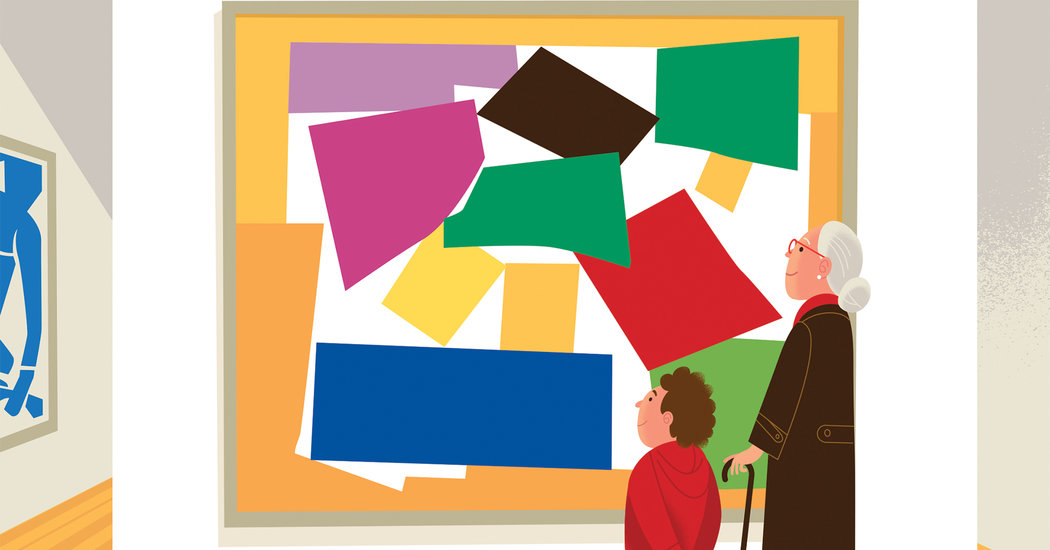
After the shouts of “Happy New Year” fade, you can take steps to help fulfill that goal.
By Tara Parker-Pope
Behavioral scientists have spent a lot of time studying what makes us happy (and what doesn’t). We know happiness can predict health and longevity, and happiness scales can be used to measure social progress and the success of public policies. But happiness isn’t something that just happens to you. Everyone has the power to make small changes in our behavior, our surroundings and our relationships that can help set us on course for a happier life. Read more>>>
By Gretchen Reynolds
Small amounts of exercise could have an outsize effect on happiness.
According to a new review of research about good moods and physical activity, people who work out even once a week or for as little as 10 minutes a day tend to be more cheerful than those who never exercise. And any type of exercise may be helpful.
The idea that moving can affect our moods is not new. Many of us would probably say that we feel less cranky or more relaxed after a jog or visit to the gym. Read more>>>
By Tara Parker-Pope
Are you spending time with the right people for your health and happiness?
While many of us focus primarily on diet and exercise to achieve better health, science suggests that our well-being also is influenced by the company we keep. Researchers have found that certain health behaviors appear to be contagious and that our social networks — in person and online — can influence obesity, anxiety and overall happiness. A recent report found that a person’s exercise routine was strongly influenced by his or her social network. Read more>>>
By Jane E. Brody
What’s the best way to develop a healthy perspective on old age? Spend more time with elderly people and discover what brings meaning and pleasure to their twilight years despite the losses, both physical and social, they may have suffered.
That’s what two authors of inspired and inspiring books about aging discovered and, happily, have taken the trouble to share with those of us likely to join the ranks of the “oldest old” in the not-too-distant future. Actually, the wisdom therein might be equally valuable for young and middle-aged adults who may dread getting old. To their detriment, some may even avoid interacting with old people lest their “disease” rub off on them. Read more>>>

